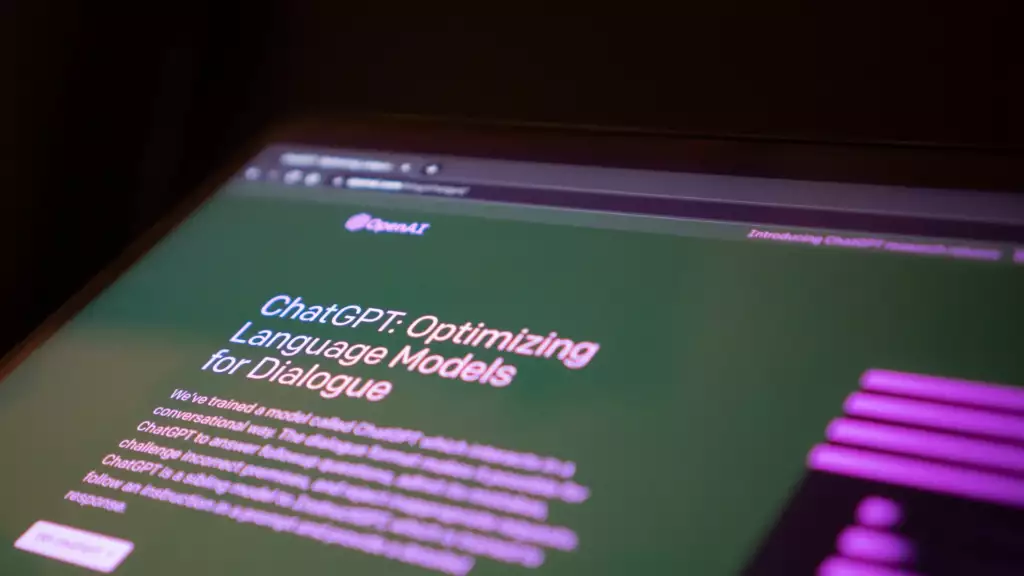
As artificial intelligence continues to permeate every aspect of our digital lives, understanding how to use GPT-4, OpenAI’s latest marvel, has never been more important. GPT-4, an evolution over its predecessors, offers unprecedented linguistic abilities, paving the way for new AI-powered solutions. In this comprehensive guide, we delve deep into the mechanics and strategies on “How to Use GPT-4,” ensuring you can harness its capabilities to their fullest potential.
Table of Contents
Introduction to GPT-4
GPT-4 stands as a testament to the rapid progress in AI technology. This sophisticated language model can generate human-like text, answer questions, compose essays, code software, and even create poetic verses. Before you can leverage its capabilities, you must grasp the platform’s nuances. This guide on “How to Use GPT-4” is your first step toward mastering this formidable AI tool.
Understanding the Basics of GPT-4
The foundation of learning how to use GPT-4 lies in understanding its basic functions. GPT-4 can understand and generate natural language responses, making it an ideal tool for a wide range of applications, from customer service to creative writing.
The Interface
Whether you’re interacting with GPT-4 through a dedicated application or via an API, the interface typically includes a dialogue box for input where you can type in your prompts or questions and a display area where the AI’s responses will appear. Familiarizing yourself with the interface is the first step in mastering “How to Use GPT-4.”
Crafting Effective Prompts
The key to harnessing GPT-4’s capabilities lies in prompt engineering. The prompts you provide can be simple questions, complex scenarios, or even instructions. The AI’s responses will vary greatly based on the specificity and clarity of your prompts. By mastering prompt engineering, you’re well on your way to leveraging the power of “How to Use GPT-4.”
Setting Up GPT-4
Before diving into the complexities of “How to Use GPT-4,” you need to set up an environment where GPT-4 can operate. This might involve creating an account with OpenAI, setting up an API key, or integrating GPT-4 into your existing systems.
Obtaining Access
To start using GPT-4, you may need to request access from OpenAI. Depending on your intended use case, this could include joining a waitlist or signing up for a commercial API plan.
Installation and Configuration
If you’re accessing GPT-4 through an API, installation and configuration will be your next steps. This process typically involves setting up your development environment, installing necessary software packages, and configuring your API keys securely.
Exploring GPT-4’s Capabilities
Now that you’re familiar with the basics and have set up GPT-4, it’s time to explore its capabilities. “How to Use GPT-4” goes beyond simple interactions. GPT-4’s use cases span multiple domains, from creative arts to technical problem-solving.
Content Creation
GPT-4 excels at generating high-quality content. Whether you’re looking to draft articles, create compelling narratives, or generate informative blog posts, GPT-4 can assist. The trick in learning “How to Use GPT-4” for content creation lies in fine-tuning the prompts to fit your desired tone and style.
Data Analysis
Beyond text generation, GPT-4 can assist in data analysis by summarizing complex datasets, identifying trends, and even suggesting conclusions. The way you ask GPT-4 to analyze data will significantly influence the insights it provides.
Educational Assistance
For students and educators, “How to Use GPT-4” opens up a world of possibilities. GPT-4 can serve as a tutor, providing explanations for complex topics or helping to brainstorm for upcoming projects.
Programming Help
One of the standout features of GPT-4 is its ability to understand and generate code. Developers can use GPT-4 to debug code, learn new programming languages, or even co-create software. Understanding “How to Use GPT-4” in a coding context can be a game-changer for software development.

